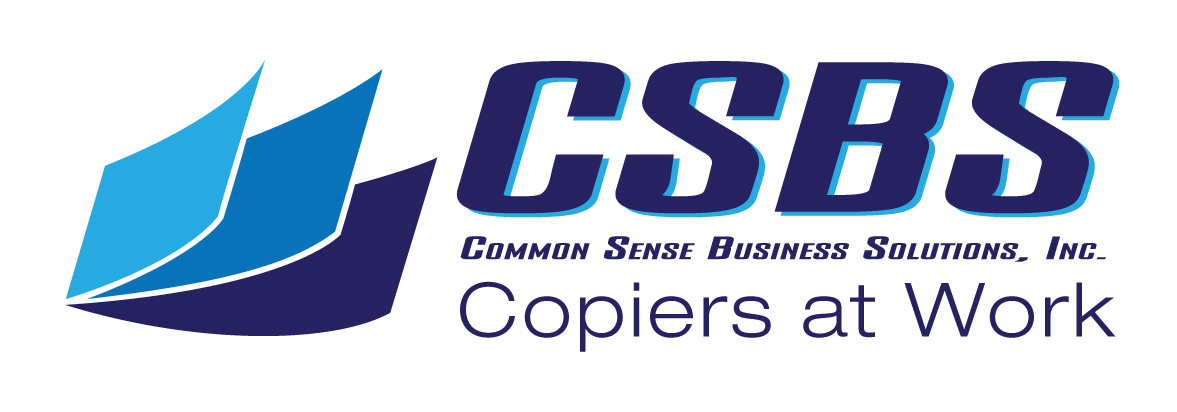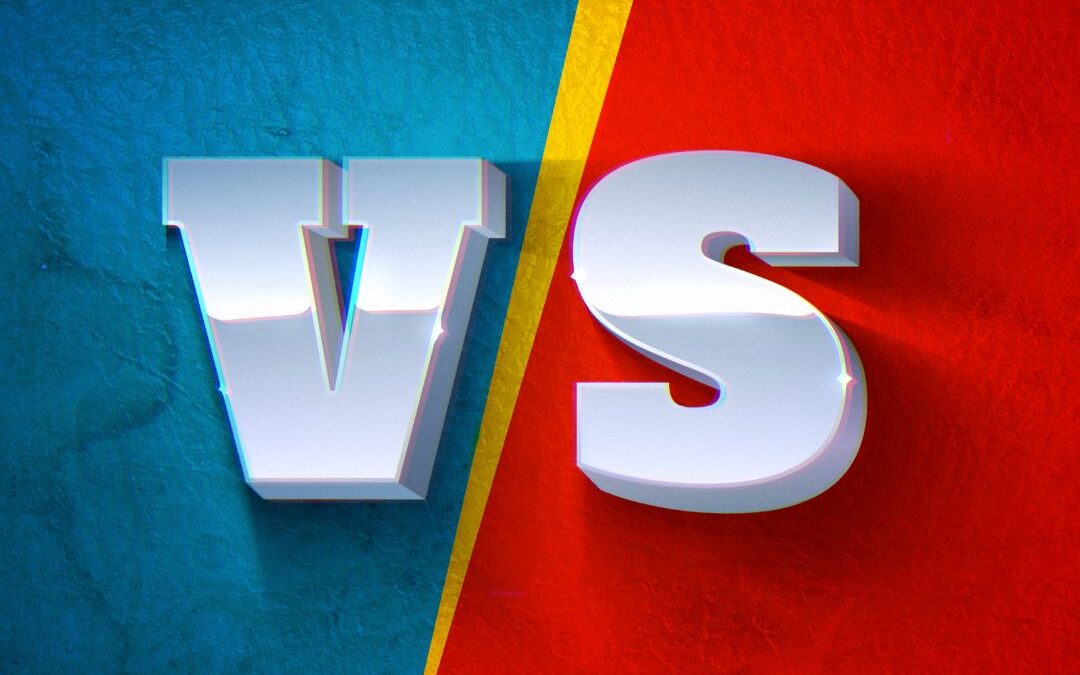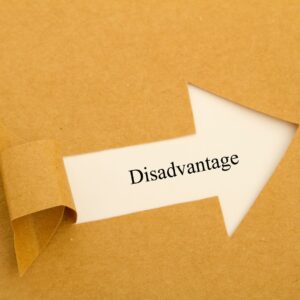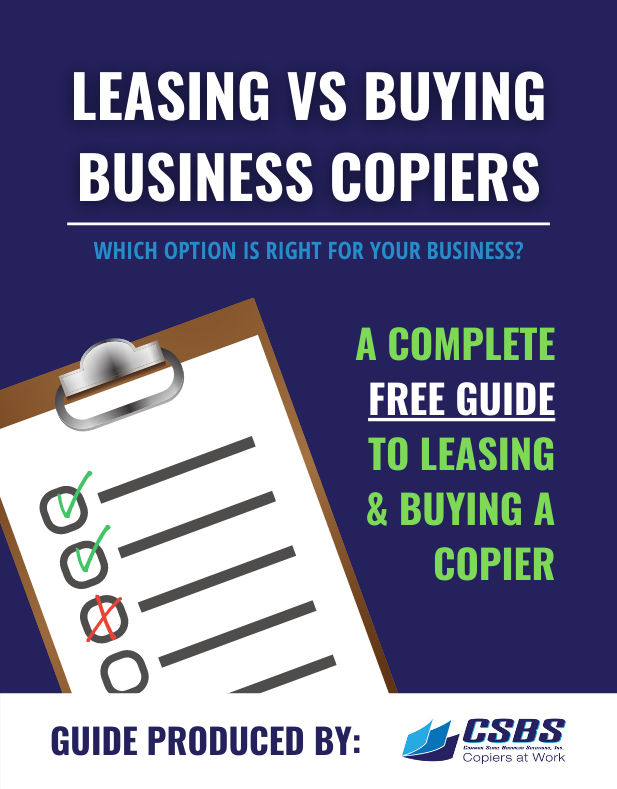When you’re a small business owner, it can feel like there are many more things to worry about than time in the day. From keeping tabs on inventory to balancing budgets, there is rarely a shortage of things that need your attention, which makes choosing the right copier leasing company even more important.
If you’ve ever leased a car or an apartment, you already know what a lease is. It’s essentially renting something for a fixed period of time with an option to buy it afterward. So, what does this have to do with getting new equipment for your office? Well, leasing usually works best when the asset will lose value over time and not increase in value over time. In other words, if you think your copier will depreciate over time, then leasing might be the best way to go.
The Basics of Leasing a Copier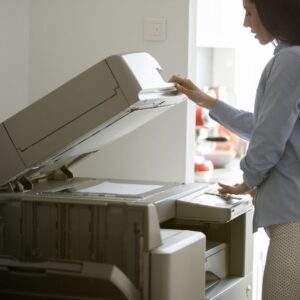
During my 35 years in the copier industry, I am always surprised by the misunderstanding many businesses have about leasing a copier. I have personally set up copier leases for several thousand companies in the North Bay, and these leases are remarkably straightforward, easy to set up, and have few if any drawbacks. Unlike leasing an automobile, where there are mountains of documents to sign along with the distinct possibility of penalties for excess mileage, scratches on the fender, or increased insurance rates, when you lease a copier, there is no credit application needed, a single document to sign and there really isn’t much potential that you will incur ancillary costs based on usage, wear and tear or insurance.
Advantages of Leasing a Copier
The most significant advantage of leasing a copier is that there is no out-of-pocket expense to obtain the long-term use of a piece of equipment that generally costs $5,000.00 – $10,000.00 to purchase. For example, a $5,000.00 copier has a monthly payment of approximately $90.00 a month on a 5-year lease, there is no down payment, and your first monthly bill of $90.00 is due 30 days after your copier is delivered. Whether you lease a copier or purchase a copier, you can add the same all-inclusive maintenance and supply agreement covering all service, parts, and supplies except paper.
The maintenance agreement is independent of the lease agreement, which is why a copier lease does not have a mechanism for a penalty based on the usage rate. When you lease a copier, you will need to add the copier to your existing business insurance policy; this almost certainly will not add any costs to your current insurance rate. Lastly, I do not recall a single instance in the thousands of leases I’ve provided that a customer has incurred any costs based on the copier’s condition upon lease end return.
Disadvantages of Leasing a Copier
I don’t think there are any inherent disadvantages to leasing a copier. It is more a matter of whether a company is looking for a specific advantage or preference relating to purchasing a copier. Some businesses want to purchase a copier because they are looking for a tax deduction during the year of the purchase. Another reason some companies prefer to purchase a copier is that they prefer not to administer ongoing monthly payments when they can simply buy the copier and be done with it. The last and possibly most compelling reason a company might choose to purchase a copier is that they don’t feel the need to get a new copier every five years, and if they buy the copier, they can keep the copier for 6-10 years.
Disadvantages of buying a copier
I don’t think there are inherently any advantages or disadvantages when comparing buying a copier to leasing a copier. It comes down to each customer’s preference based on some of the factors outlined in the paragraphs above.
Buying vs. leasing: Which is better?
Suppose I were looking at why some might consider potential disadvantages of purchasing a copier. In that case, one reason is that purchasing requires a significant capital expense for a product that quickly decreases in value. Once a business “owns” a copier, they tend to keep it “until” the performance of the copier becomes a liability, simply to avoid writing a big check to purchase a new copier. When an organization leases a copier, at the end of the term, they get a new copier, on a new lease, without ever incurring a capital expenditure or increasing their existing monthly costs. For these reasons, organizations who lease copiers never have to put up with a copiers declining performance because so long as they continue to make a monthly lease payment, they continue to get a new machine at the conclusion of each term.
My conclusion is that it’s essential to ask questions and ensure you have the necessary information to make the best decision based on the preference and needs of your individual organization. In my opinion, there are no compelling advantages or disadvantages when considering the question as to if you should purchase a copier or lease a copier, and that it comes down to whether you prefer to write one large check and be done with it or if you prefer an affordable stream of monthly payments. With that, I encourage anyone in the market for a copier to decide based on which option you are more comfortable for them.
